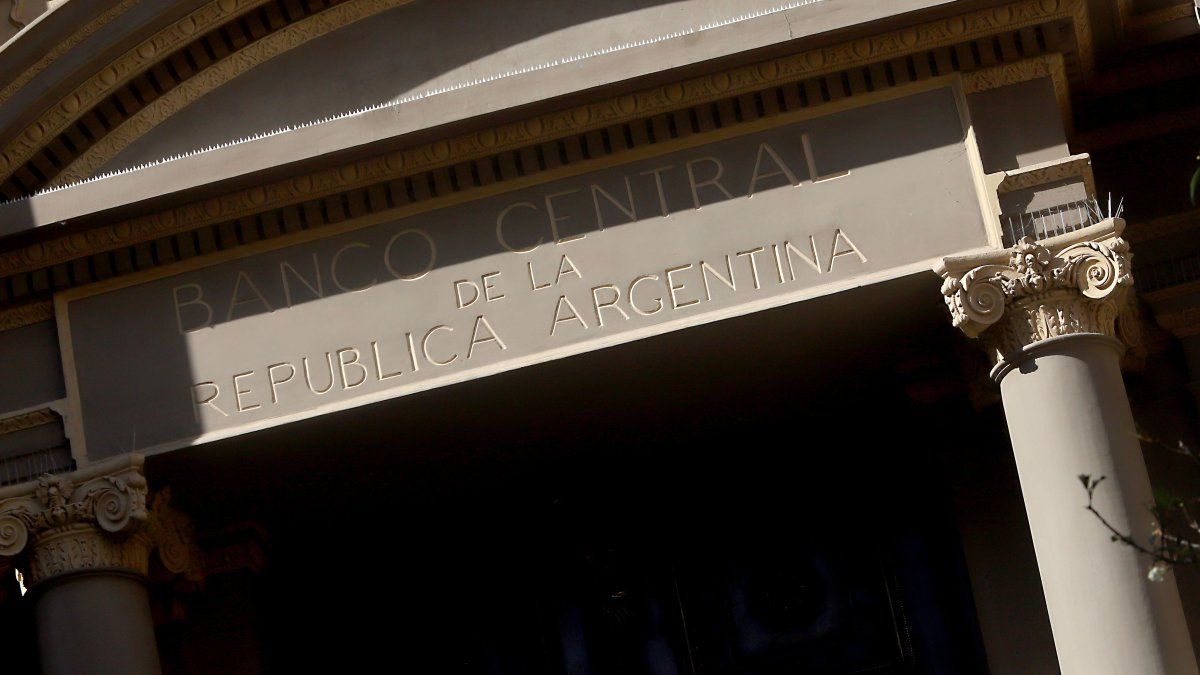Data from Cointelegraph Markets Pro and TradingView shows that a selloff that started late on Jan. 20 continued through midday Friday when BTC hit a low of $36,600. This Saturday Bitcoin is trading at $35,400.
Technical analysis
According to Rekt Capital, “Bitcoin is consolidating within the range of $38,000 to $43,100”, but it needs to hold this support level to avoid falling into a lower consolidation range.
BTC price action analysis was addressed by David Lifechitz, managing partner and chief investment officer of ExoAlpha, who noted that the “Giant head and shoulders pattern for BTC now completes with broken neckline with BTC at $38,300.”
international context
During the last week, cryptocurrencies suffered for various reasons; among them, the correction in the technological papers of the world stock markets since the technological index of Wall Street, the Nasdaq, fell by 5% in that period.
This phenomenon of the sale of technology shares usually occurs when US Treasury bonds rise and the Federal Reserve (FED) aims to tighten its monetary policy by raising its reference rates since investors have, with the rise in interest, a lower appetite for those assets that can provide higher returns in the future, but not in the near present.
Similarly, the collapse of cryptocurrencies is explained by the increasing regulatory measures in the sector. During this week, The United Kingdom, Spain, and Singapore took steps to regulate crypto-related promotions and advertising.
In the case of Spain, the National Securities Market Commission established that, as of February 17, advertisements must clearly indicate that it is an unregulated market, and must warn that these investments are not appropriate for investors. retailers due to risk of loss.
Similarly, companies providing cryptocurrency services must inform the CNMV of large-scale advertising campaigns at least 10 days in advance.
In the same way, The British Treasury announced last Tuesday that it plans to regulate advertising as it already does with other financial products, ensuring that they are “clear and not misleading”.
However, the latest blow to cryptocurrencies came yesterday from Russia when the central bank of that country proposed to completely ban both the mining and the exchange of said assets, considering that they represent a risk to “financial stability and the sovereignty of monetary policy.”
Russia is the third country where mining operations are carried out, especially in the north of its territory and in Siberia, which are carried out by computers and are necessary to validate transactions or generate new currencies, require a high consumption of electrical energy, a point questioned by Moscow.
According to data from the University of Cambridge, Russia represents 13.6% of global mining, while the United States stands at 42.7% and Kazakhstan 21.9%.
The political instability that this last country went through in the first days of the year also contributed to the turbulence in cryptocurrencies.
For several years, Russia, which plans to launch its own digital ruble, questions cryptocurrencies with the argument that they are used for money laundering and financial terrorism operations, in addition to the strong speculation to which they are associated, generating possible bubbles in the market.
While legal in the country, cryptocurrencies are not allowed as a means of payment, and the Russian central bank banned investment funds from using them in December.
Any kind of blanket ban will need to be approved first in the Russian parliament.
During the past year, a similar ban in China – a country that accounted for up to 70% of the mining – caused a sharp drop in the cryptocurrency market with a drop of 40% between April and July, to then begin a comeback that found its peak in November.
In the Chinese case, the ban was gradual: in May of last year, financial institutions were prevented from engaging in cryptocurrency transactions; mining was banned in June; and in September operations were completely banned
“Rumors of bans in Russia, the effects of tightening central bank monetary policies, and the possibility of new regulations are weighing more heavily on cryptocurrency trading and investing currently than long-term trends.”Jason Deane, an analyst in digital assets at Quantum Economics, told the Bloomberg agency.
Currently, in addition to China, cryptocurrencies are prohibited in Egypt, Iraq, Qatar, Oman, Morocco, Algeria, Tunisia and Bangladesh.
Source From: Ambito
David William is a talented author who has made a name for himself in the world of writing. He is a professional author who writes on a wide range of topics, from general interest to opinion news. David is currently working as a writer at 24 hours worlds where he brings his unique perspective and in-depth research to his articles, making them both informative and engaging.




